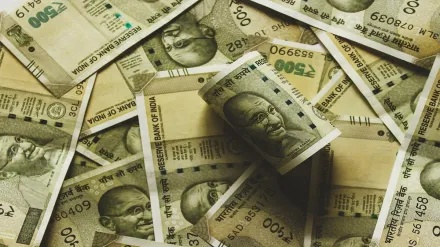
Central Government Initiates 8th Pay Commission Amid Salary Hike Speculations
The Indian government has officially launched the 8th Pay Commission, sparking widespread anticipation among central government employees and pensioners regarding potential salary and pension increases. Following extensive consultations with labor unions and employee representatives, the administration announced the formation of the commission to address welfare improvements for over 1.2 crore individuals. The panel will focus on revising salaries and benefits for approximately 50 lakh current employees and 67 lakh retired personnel. While the exact implementation timeline remains unclear, officials have confirmed that the commission’s recommendations will take effect in the coming year, marking a significant development in public sector compensation reforms.
Dearness Allowance Reset and Implementation Timeline
A pressing concern for employees is the potential merger of dearness allowance (DA) into basic pay, which could reset the allowance to zero. Current DA stands at 53%, with scheduled hikes in January 2025 and July 2025. If the 8th Pay Commission’s recommendations are finalized by January 2026, the existing DA will be integrated into basic pay, initiating a new calculation cycle. However, delays beyond this date might necessitate an additional DA increase before the merger, potentially leading to retrospective adjustments for salaries and pensions. This approach mirrors the 7th Pay Commission’s methodology, where DA was reset to zero in January 2016 following its implementation.
Salary and Pension Projections Under the 8th Pay Commission
Experts estimate that the fitment factor, which determines salary revisions, could range between 1.92 and 2.86. Applying this factor, the minimum basic salary for government employees could rise to Rs 34,560–Rs 51,480, up from the current Rs 18,000. Similarly, pensions might increase to Rs 17,280–Rs 25,740, compared to the existing Rs 9,000. These projections assume a fitment factor of 2.86, though adjustments could alter the final figures. The commission’s recommendations will ultimately dictate the extent of these changes, impacting over 1 crore employees and pensioners nationwide.
Commission Composition and Implementation Process
The government has yet to announce the chairman and members of the 8th Pay Commission, but the process is underway. Union Minister Ashwini Vaishnaw confirmed that the commission’s recommendations will be implemented next year, following a thorough consultation with stakeholders, including state governments. Once the panel submits its report, the Centre will finalize the adjustments, which will significantly affect the financial framework for central government employees. The timeline for appointments and report submissions remains critical, as delays could impact the projected salary and pension increases.
Historical Context and Future Implications
The 7th Pay Commission’s implementation in 2016 set a precedent for DA resets, merging the allowance into basic pay and resetting it to zero. This pattern is expected to repeat under the 8th Pay Commission, ensuring a structured approach to compensation adjustments. The current DA trajectory, with two scheduled hikes, underscores the complexity of balancing inflationary pressures with fiscal responsibility. As the commission finalizes its recommendations, the focus will shift to ensuring equitable and sustainable adjustments that align with both employee welfare and government budgetary constraints.




